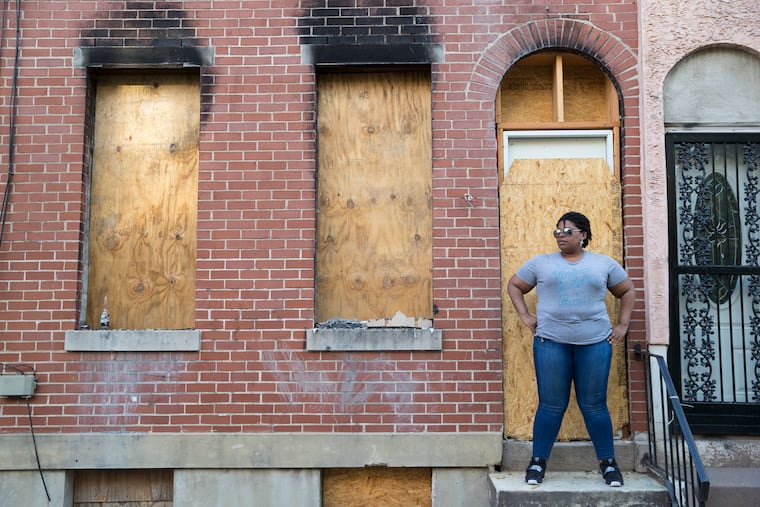What Philly is doing to fight deed fraud | Opinion
Deed fraud is a serious problem in Philadelphia. That’s no secret. What can the city, particularly the Recorder of Deeds Office, do? It turns out a lot.

Deed fraud is a serious problem in Philadelphia. That’s no secret. What can the city, particularly the Recorder of Deeds Office, do? It turns out a lot.
Let’s talk numbers. Deed fraud reports to our office spiked in 2018 by more than 70 percent to 136. Between 2013 and 2017, we averaged 72 fraud reports per year.
In 2019, homeowners submitted 118 deed fraud reports. At that rate, we will receive about the same number in 2019 as 2018. While we don’t anticipate an increase over 2018, which is encouraging, the numbers remain too high.
Statistics don’t tell the whole story. Who are the victims? Deed fraud disproportionately affects people of color and the elderly, often the city’s most vulnerable residents,.
Thieves forge the owner’s and often the notary’s signatures, record the fraudulent deed, and steal the home. By the time the fraud is discovered, the house may have been sold multiple times, maybe to an unsuspecting developer who flips it.
Where does that leave victims? Homeowners face years of costly court battles to recover their most precious asset, often a family home passed down for generations.
The effects aren’t just economic. Losing your home is emotionally devastating. Deed fraud also reduces the public’s confidence in the city’s recording system.
What is the city doing about it?
Our office collaborates with many partners to develop solutions. Over the last year, we’ve worked with legislators, government agencies, the Philadelphia Bar Association’s Fraudulent Conveyance Task Force, the DA’s Office, etc.
We’re taking a three-part approach:
First, we are better educating homeowners and providing them with modern tools to combat fraud.
Last month, we announced a new website: www.phila.gov/deed-fraud. It contains FAQs to assist homeowners and a form to report deed fraud.
We also released our free online service Fraud Guard. Anyone can register. If a deed or mortgage is recorded in your name, you’ll receive an email alert within about 30 days. Sign up at our website, listed above.
The sooner homeowners discover fraud, the sooner it can be corrected, often at less cost than if the fraud goes undetected for longer. Fraud Guard helps speed that discovery — so every homeowner in Philadelphia should sign up.
Second, we developed innovative methods of collecting information to support law enforcement.
For example, we now track the name of every notary appearing on a deed or other recorded document. This assists law enforcement in identifying notaries whose signatures are forged or possibly fraudulent notaries. The public soon will be able to access this online.
In several months, we will implement a web-based system that better tracks individuals recording deeds over the counter. We will continue to scan those individuals’ photo IDs, take their photos, and now obtain digital images of their signatures.
Third, we are exploring options to prevent deed fraud before it occurs. This is more complicated. State law is very strict on when a recorder can refuse to record a deed. Fraud is very difficult to detect up front. Nonetheless, we must be creative and open-minded.
This could mean seeking changes in state law, perhaps in the way notaries’ identities are validated on deeds in Philadelphia. We also are working on a way to confirm before recording a deed whether a thief has forged the name of a deceased owner.
The efforts will not end there. The city and our partners remain committed to fighting this terrible crime. We owe the public no less.
James P. Leonard, Esquire, is commissioner of the Philadelphia Records Department.